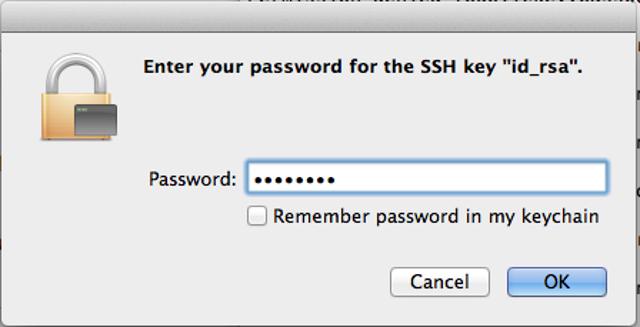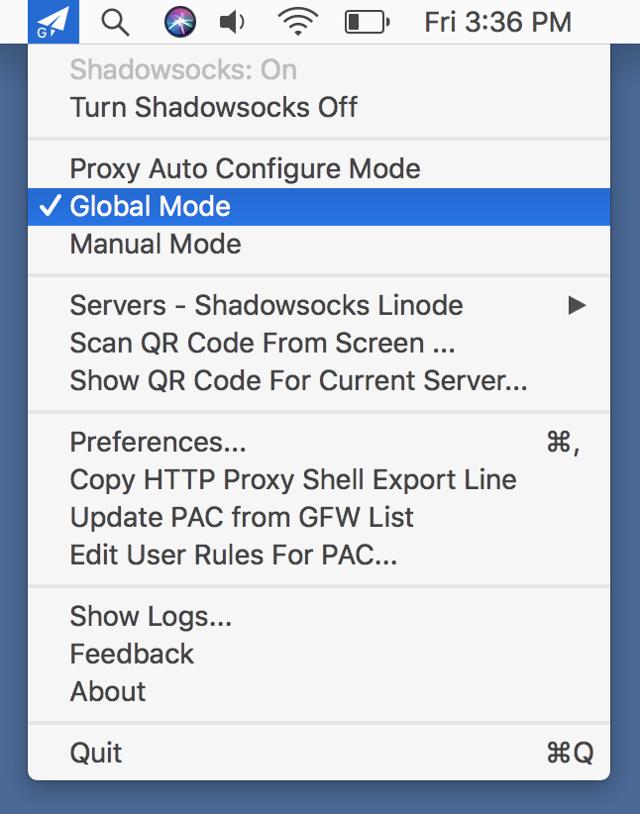Product docs and API reference are now on Akamai TechDocs.
Search product docs.
Search for “” in product docs.
Search API reference.
Search for “” in API reference.
Search Results
results matching
results
No Results
Filters
Network Security
This bundle of guides shows how to configure VPNs, firewalls, and other network security tools on cloud compute instances, or how to use Linode’s managed network security products.
VPC
A VPC (Virtual Private Cloud) is an isolated network that enables private communication between Compute Instances within the same data center. Since Cloud environments often necessitate sharing infrastructure with other users, VPCs are a critical component of many application architectures and can further isolate your workloads from other Akamai users.

Install and Configure a StrongSwan Gateway VPN Server on Ubuntu 20.04
StrongSwan is an open-source tool that operates as a keying daemon and uses the Internet Key Exchange protocols (IKEv1 and IKEv2) to secure connections between two hosts. In this way, you can use StrongSwan to establish a Virtual Private Network (VPN). VPN connections from a client to the StrongSwan server are encrypted and provide a secure gateway to other resources available on the server and its network. This guide shows you how to install and configure a StrongSwan gateway VPN server on Ubuntu 20.04. You also learn how to set up and connect to a StrongSwan server from an Ubuntu, Windows, and macOS client.

Network Security Tools and How They Help You
Security starts with having a well-protected network. This means keeping intruders out, and continuously scanning for potential breaches and flagging attempted compromises. Sadly, there is no single product that will protect everything, but the good news is that over the years a number of specialized tools have been developed to help you protect your enterprise network. Your burden is to ensure that there are no gaps in between these various tools, and that you have covered all the important bases to keep your network secure and protect yourself against potential harm from cyber criminals. New security threats happen daily as attackers target your business, make use of inexpensive services designed to uncover weaknesses across your network or in the many online services that you use to run your business.


Get Started with nftables
nftables replaces the successful iptables and its related frameworks built on Netfilter. With nftables come improvements to performance and usability, but also significant changes to syntax and usage. Use this guide to get started learning about what nftables is and how it differs from iptables. Follow along with this guide’s example to implement your own rules in nftables and get a hands-on idea of what it can do.

Installing and Configuring WireGuard on CentOS 8
What is WireGuard?
WireGuard® is a next-generation security-focused Virtual Private Network (VPN) which can easily be deployed on low-end devices, like Raspberry Pi, to high-end servers.
Cloud Firewall
Linode’s Cloud Firewall service is a robust cloud-based firewall solution available at no additional charge for Linode customers. Through this service, you can create, configure, and add stateful network-based firewalls to Linode Compute Instances and NodeBalancers.
VLANs
VLANs are private virtual local area networks that are available at no additional cost to Linode users in select data centers. They operate on layer 2 of the OSI networking model and are entirely isolated from other networks. VLANs are a key part of enabling private and secure communication between Compute Instances on Linode’s cloud platform. They function like a virtual network switch, which effectively means all Compute Instances connected to the same VLAN can communicate with each other like they were directly connected to the same physical Ethernet network. Devices outside the network cannot see any traffic within the private network.

Deploy OpenVPN through the Linode Marketplace
OpenVPN is a widely trusted, free, and open-source VPN (virtual private network) application that creates encrypted tunnels for secure data transfer between computers that are not on the same local network. Your traffic is encrypted by OpenVPN using OpenSSL. You can use OpenVPN to:

Deploy Pritunl through the Linode Marketplace
Pritunl is an open source VPN server and management panel. It gives the user the power of the OpenVPN protocol while using an intuitive web interface.

Deploy UTunnel VPN through the Linode Marketplace
UTunnel VPN lets you set up your own private VPN server quickly and easily; no technical expertise is required. It is well suited for small and medium businesses to set up easy and secure remote access for their employees, or for anyone who wants to keep their data private using their own VPN. UTunnel VPN supports multiple VPN protocols and comes with a server management console, secure 256-bit encryption, easy team management, single sign-on, 2-factor authentication, and an inbuilt firewall.

Deploy WarpSpeed VPN through the Linode Marketplace
WarpSpeed makes it easy for developers to access cloud infrastructure via the powerful WireGuard® VPN protocol. It can also be used to enable remote workers to access the internet securely while on public WiFi.

Deploy WireGuard through the Linode Marketplace
WireGuard® is a simple, fast, and modern virtual private network (VPN) which uses state-of-the-art cryptography. It aims to be faster and leaner than other VPN protocols such as OpenVPN and IPSec, and it has a much smaller source code footprint.

Set Up WireGuard VPN on Debian
What is WireGuard?
WireGuard® is a simple, fast, and secure VPN that utilizes state-of-the-art cryptography. With a small source code footprint, it aims to be faster and leaner than other VPN protocols such as OpenVPN and IPSec. WireGuard is still under development, but even in its unoptimized state it is faster than the popular OpenVPN protocol.

Set Up WireGuard VPN on Ubuntu
WireGuard® is a simple, fast, and secure VPN that utilizes state-of-the-art cryptography. With a small source code footprint, it aims to be faster and leaner than other VPN protocols such as OpenVPN and IPSec. WireGuard is still under development, but even in its unoptimized state it is faster than the popular OpenVPN protocol.

How to Configure a Firewall with UFW
What is UFW?
UFW, or uncomplicated firewall, is a frontend for managing firewall rules in Arch Linux, Debian, or Ubuntu. UFW is used through the command line (although it has GUIs available), and aims to make firewall configuration easy (or, uncomplicated).

Configure a Firewall with Firewalld
Firewalld is frontend controller for nftables (or its older counterpart, iptables) used to implement persistent network traffic rules. It provides command line and graphical interfaces and is available in the repositories of most Linux distributions. The following distributions have firewalld installed by default: RHEL and its derivatives (including CentOS, AlmaLinux, and Rocky Linux), CentOS Stream, Fedora, and openSUSE Leap.

Use SSH Public Key Authentication on Linux, macOS, and Windows
Public key authentication with SSH (Secure Shell) is a method in which you generate and store on your computer a pair of cryptographic keys and then configure your server to recognize and accept your keys. Password authentication is the default method most SSH clients use to authenticate with remote servers, but it suffers from potential security vulnerabilities like brute-force login attempts. Using key-based authentication offers a range of benefits, including:

A Tutorial for Controlling Network Traffic with iptables
iptables is an application that allows users to configure specific rules that will be enforced by the kernel’s netfilter framework. It acts as a packet filter and firewall that examines and directs traffic based on port, protocol and other criteria. This guide will focus on the configuration and application of iptables rulesets and will provide examples of ways they are commonly used.






